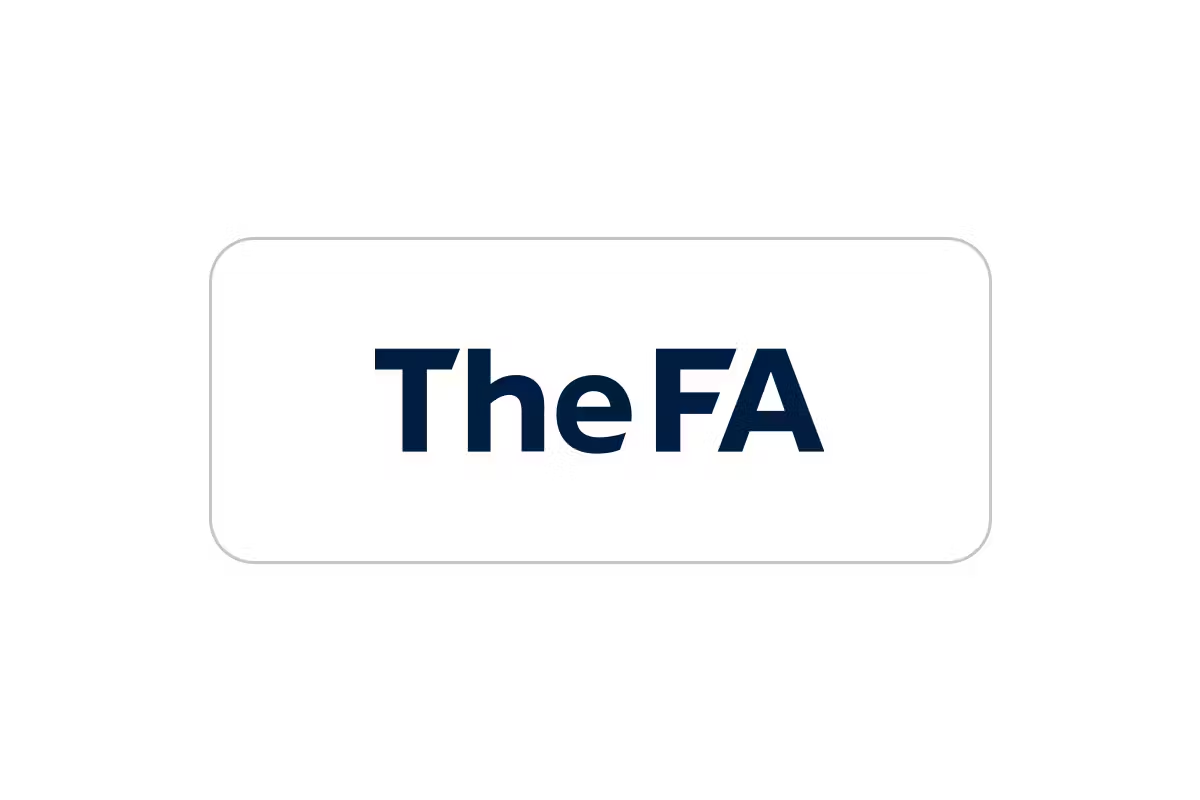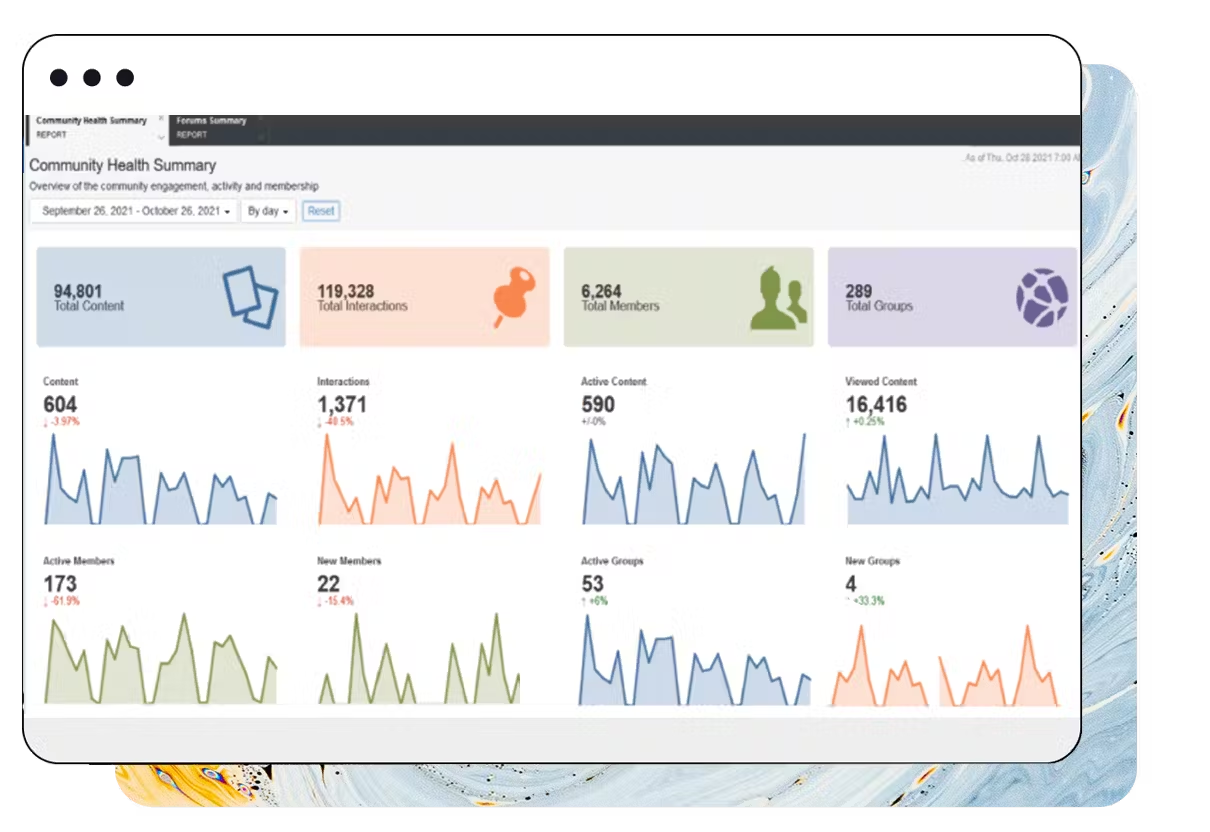The FA scores a thriving social community with Verint
Learn how the FA built a modern, digital community for engagement and collaboration, uniting everyone – from grassroots football to the professional game.


The results
- 10x
increase in membership in 18 months
- >1 million
page views
- 57%
Hotjar NPS score and rising
The Vision for an innovative community that drives engagement

Connecting a community of football lovers
The online England Football Community plays a vital role, helping to connect FA staff, fans, players, the network of county football associations, referees, and business partners. Ultimately, the goal is about making the most of the English football community, from experienced players to people new to the game.
Until recently, The FA was relying on a legacy community platform, which had several shortcomings:
- It lacked automated moderation functionality. Any moderation was conducted piecemeal and manually.
- It was expensive to operate and maintain.
- It was short on out-of-the-box integrations, resulting in costly, time consuming manual integration intervention.
- It was inflexible, which caused the FA to adapt its processes to the legacy platform versus a community platform working to support the FA’s operations.
“We wanted to create a modern, adaptive community that empowered everyone – from coaches and referees to staff – to improve engagement,” explains Tim Bamber, Social Community Officer at The Football Association.
The requirements were to:
- Provide a flexible, customizable community with self-help tools to drive real value: better engagement, reduced costs,
and increased collaboration across the game. - Help people find solutions with online resources, such as discussion forums, knowledge articles, product documentation, and how-to videos.
- Save people time with social self-service through peer-to-peer support forums.
- Gain valuable insights into football via social customer service, digital marketing, and employee engagement.
- Improve community security through rigorous, automated moderation.
A thriving community with comprehensive content library

Innovations throughout the community include:

This is a carousel with slides that do not auto-rotate. Use the Next and Previous buttons to navigate.
A successful digital platform bringing the beautiful game online





